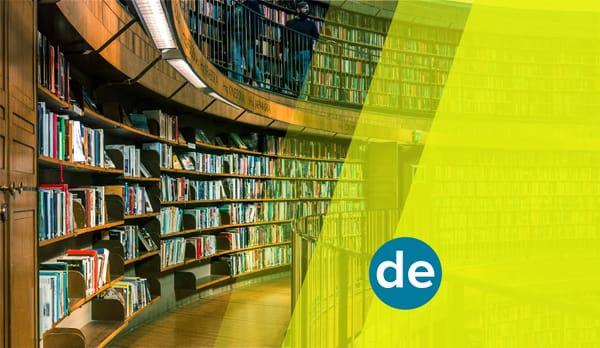New EU Digital Commissioner focuses on technological sovereignty and AI
On 12 November 2024, the hearing of the new EU Digital Commissioner Hanna Virkunnen took place at the European Parliament. In her statement, she focussed on European technological sovereignty and artificial intelligence. She announced an "Action Plan on Cybersecurity", promised more restraint in new digital regulation and advocated "regulatory simplification". Internet governance was only touched marginally.
Multistakeholder consultation on internet governance in the EU
On 13 November 2024, the EU Commission launched an open EU consultation on internet governance to prepare for the WSIS+20 process. The EU Commission reaffirms its commitment to the multistakeholder approach. All stakeholders can take part in the consultation, which will end on 31 December 2024.
UN Convention against Cybercrime adopted unanimously
On 11 November 2024, the 3rd Committee of the 79th UN General Assembly unanimously adopted the UN Convention against Cybercrime. Both the USA, the UK and the EU warned in separate statements against misuse of the convention to undermine the protection of human rights but voted in favour. The convention will be formally signed in Hanoi in spring 2025. The convention will enter into force once the 40 instruments of ratification have been deposited.
IGF 2025 in Oslo
On 12 November 2024, it was announced that the IGF 2025 would take place in Oslo (23 - 26 June). There had been a conflict over the venue with the alternative candidate St. Petersburg in Russia.
Trump election jeopardises agreement on global digital tax
As a side effect of Donald Trump's election as US president, the OECD expects that the agreement negotiated over many years for a global digital tax (BEPS will fail. The agreement was due to come into force in 2025.
10th World Internet Conference (WIC) calls for "people-centred" AI approach
The 10th World Internet Conference (WIC) was held in Wuzhen from 20 to 22 November 2024 under the title "Embracing a People-centered and AI-for-good Digital Future – Building a Community with a Shared Future in Cyberspace". Launched as a political alternative to the IGF, the conference has developed into a "trade show" for Chinese companies. There were hardly any high-ranking international guests. UN Deputy Secretary-General Li Junhua said in a video message: "AI is transforming lives at an unimaginable pace. We can only harness the incredible potential of AI if we do so through a people-centered approach and foster dialogue to understand global needs and perspectives." China's President Xi Jinping reiterated - also via video - his plan to create a "community with a shared future in cyberspace", which is currently on hold at the UN.
OECD Digital Economy Outlook
On 11 November 2024, the OECD presented seven future trends in its "Digital Economy Outlook 2024", including the growing importance of national digital strategies and these being anchored in independent "digital ministries", the need for high-quality and affordable internet access, new policy models for cryptography and quantum technologies, the expansion of "digital skills and media literacy" and changing consumer behaviour among the younger generation.
Code for "general-purpose" AI
On 9 November 2024, the EU Commission's new AI Office presented the first draft of a "Code of Practice for providers of general-purpose AI (GPAI) models". The code specifies the regulations of the EU AI law of August 2024 and should be ready for adoption by May 2025.
Principles for an AI risk analysis
On 20 November 2024, the 1st meeting of the network of AI Safety Institutes (AISI) adopted a Joint Statement on Risk Assessment of Advanced AI Systems. According to this statement, AI risk analyses should be based on six principles Actionable, Transparent, Comprehensive, Multistakeholder, Iterative and Reproducible. AISI was founded at the 2nd AI Summit in Seoul in May 2024. The network aims to increase the security of AI services. It currently includes institutes from ten countries. Germany is not among them.
World Economic Forum launches initiative against cyber crime
On 11 November 2024, the Davos World Economic Forum launched a new initiative to combat organised crime in cyber space. The "Cybersecurity Collaboration Framework" aims to strengthen cooperation between governments and private companies and to develop models for the "why" and "how" of such multistakeholder collaboration.
ITU wants to protect submarine cables
On 29 November 2024, the ITU announced the establishment of an "International Advisory Body for Submarine Cable Resilience" in Geneva. Together with the International Cable Protection Committee (ICPC), the new body will develop recommendations for the protection of submarine cables, which carry more than 90 per cent of internet traffic. The committee has 42 members, primarily from governments (including the USA and China) and network operators. It is chaired by ITU Deputy Secretary General Tomas Lamanauskas. Co-Chairs are Bosun Tijani, Communications Minister of Nigeria, and Sandra Maximiano, Director of Anacom/Portugal. Germany is not represented. The first meeting is planned for February 2025 in Nigeria.















